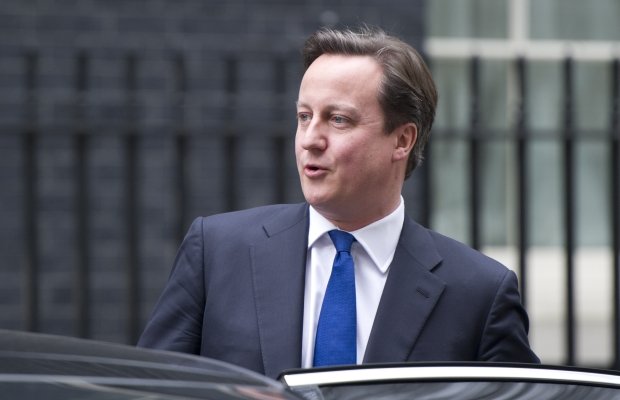Labour will win Wythenshawe – But it matters most as a test for Ukip and the Tories

(Laura Lean/City A.M.)
The outcome of today's by-election in Wythenshawe and Sale East is a foregone conclusion.
It’s a safe Labour seat where the party had a 7,575 majority in 2010, with the by-election triggered by the sudden death of widely-admired Labour MP Paul Goggins. No-one expects anything apart from a Labour victory.
But Wythenshawe matters. It's the first big electoral test of 2014 – and all eyes are on Ukip's vote share for an idea of how the party will perform in the coming European elections, and ultimately how the Ukip surge will affect the other parties. Will it make further inroads into the Labour working class vote (as in the Rotherham by-election in 2012)?
How far will it squeeze the Tories, limiting the party's chances of winning an overall majority in 2015? Wythenshawe could mark the sixth time Ukip has come second in seven by-elections. And the consequences for David Cameron could be disastrous.
Nigel Farage – whose party finished fifth in 2010 with just 3.4 per cent of the vote – recently told the Telegraph of his ongoing plans to divert Ukip resources and attention away from the European Parliament to local campaigns and parliamentary by-elections as part of a drive to get the party “known”.
It seems to be working: his party is booming at grassroots level. And claims that coming second could be “humiliating” for a party that until recently was the wild card of British politics suggests we are truly entering a realm of four-party politics.
New post Wythenshawe: To maintain momentum today UKIP needs a good second place with a vote share well above 20% http://t.co/MGPRXxp0Sm
— Mike Smithson (@MSmithsonPB) February 13, 2014
Just last week, former work and pensions secretary and Labour MP Peter Hain warned his party: “We are in a four-party fight”.
Speaking to the Independent, he said: “I don’t think anybody in the Westminster bubble should underestimate the depth of that disaffection against all of us, of whatever party.”
However, this by-election matters most for the Prime Minister. Last week’s opinion poll by Lord Ashcroft found 61 per cent intended to vote Labour in the seat. The Conservatives, meanwhile, lag one point behind Ukip. Tory membership has almost halved, to around 134,000, since Cameron became leader in 2005; Ukip’s has risen from 15,535 in 2010 to 32,500 today.
Fears that more “Tories on holiday” will join Farage’s ranks between now and the general election are being fuelled by expectations that Ukip will beat the Conservatives in the European Parliament elections on 22 May (an ICM poll this week showed one in five could vote Ukip).
CCHQ is doing its upmost to downplay expectations in the European vote, but defeat could stir panic in the party. Already, many Tory backbenchers have lost confidence in Cameron’s leadership, and are calling for a more aggressive approach.
It won’t be where Ukip gets its first elected MP, but Wythenshawe matters.